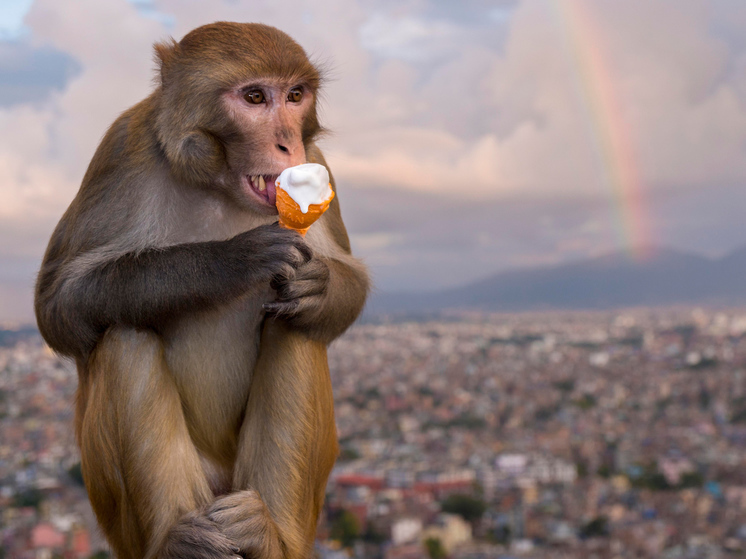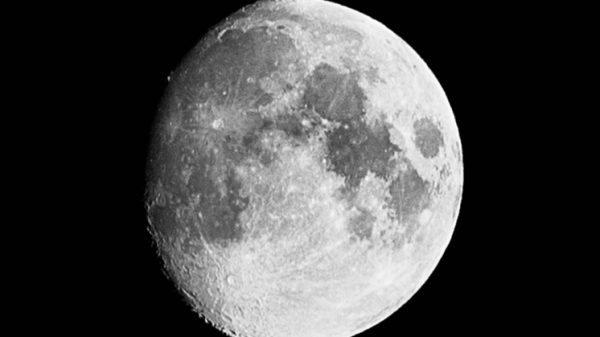Researchers remain skeptical about artificial human reproduction
The monkey cloned by scientists two years ago is still alive — and some have a question: are we closer to human reproduction? Although only one of the 113 cloned embryos survived, the rhesus monkey ReTro is still going strong.

The cloned rhesus monkey lived for more than two years and, according to experts, provided «valuable insight» into about the scientific process. According to Sky News, scientists in China used a modified version of the same technique used to create Dolly the sheep, the world's first cloned mammal.
Of the 113 embryos cloned, 11 were implanted into surrogate monkeys, but only one monkey survived . They called her ReTro.
The team said that while the success rate of creating viable, healthy clones is low — in this case less than 1% — it advances the understanding of primate cloning.
The world's first cloned monkeys — a pair of identical long-tailed macaques — were created six years ago by the same researchers led by Qiang Song and Zhen Liu from the Chinese Academy of Sciences in Shanghai.
At that time, researchers wanted to create populations of genetically homogeneous monkeys that could be adapted for research into human diseases.
It also raised serious ethical questions, bringing the world closer to human cloning, Sky News recalls.
But experts now say those fears «were completely unfounded» and the efficiency of the cloning process remains low.
In a paper published in the journal Nature Communications, the authors said: «These findings provide valuable insight into the mechanism of monkey SCNT [single cell nuclear transfer] reprogramming and represent a promising strategy for cloning primates.»
< p>Also commenting on the findings, Dr Luis Montoliu, a researcher at Spain's National Center for Biotechnology who was not involved in the study, said: 'Cloning macaques and rhesus macaques shows two things. First, it is possible to clone primates. And second, but not least, it is extremely difficult to succeed in these experiments with such low efficiency that it again rules out human cloning.»
Dolly the Sheep made history almost three decades ago after was cloned at Edinburgh's Roslin Institute. This was the first time scientists were able to clone a mammal from an adult cell taken from the udder of a Finn Dorset sheep.
Since then, many other mammals have been cloned using the same SCNT technology, which involves transferring DNA from the cell nucleus into a donor egg, which is then asked to develop into an embryo.
These include sheep, cattle, pigs, dogs, cats, mice and rats, as well as long-tailed monkeys.

























































Свежие комментарии